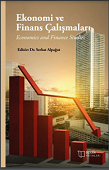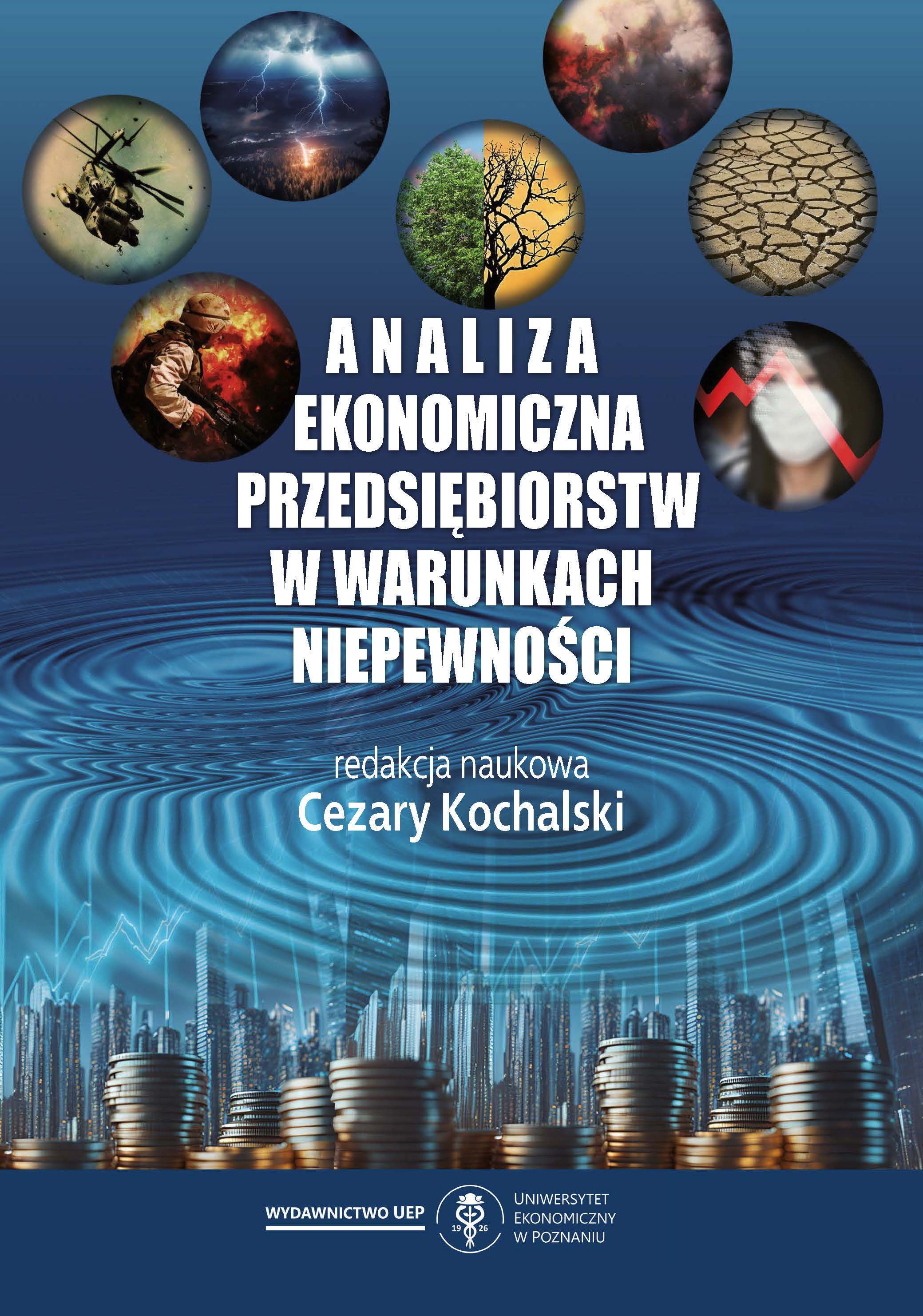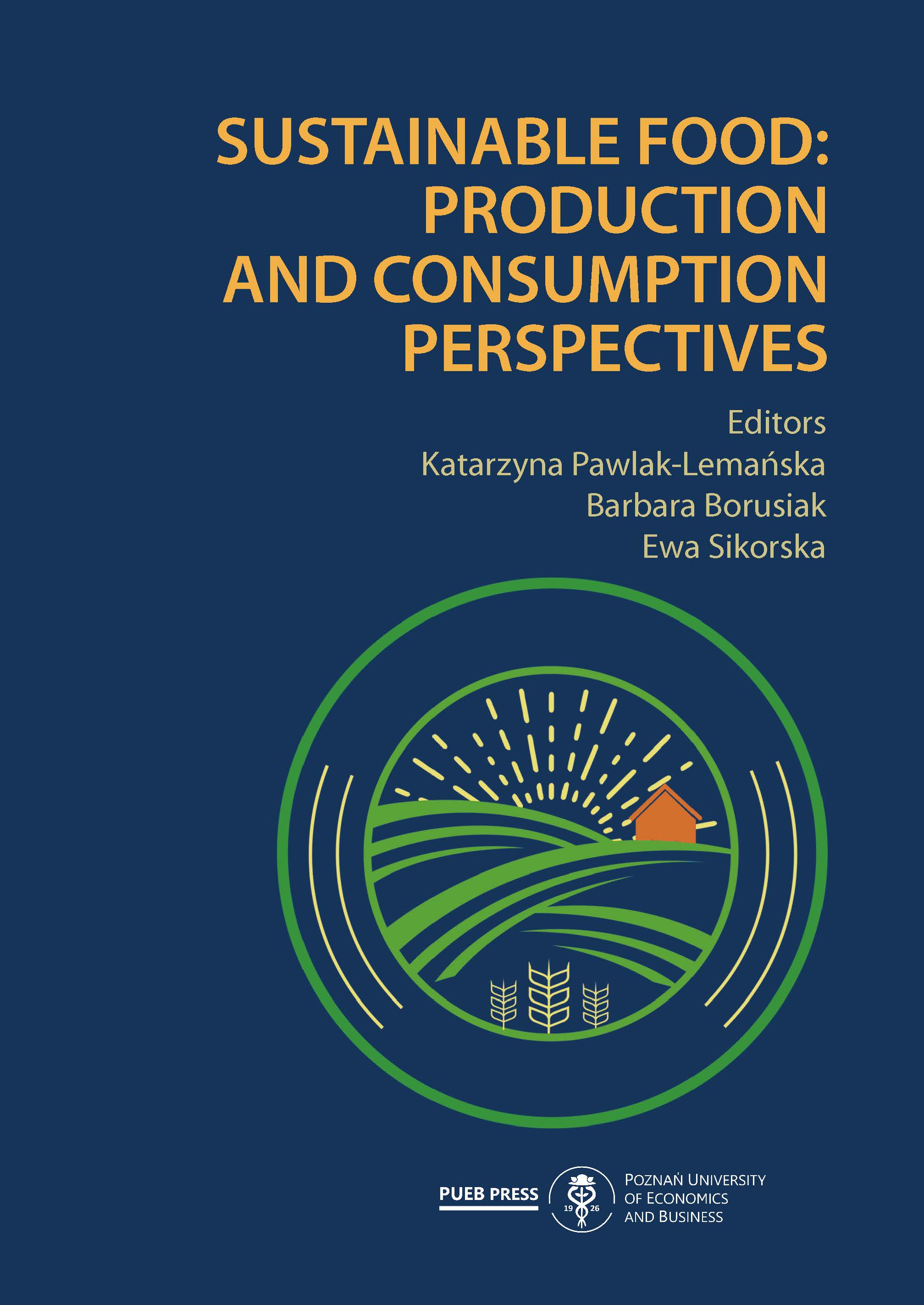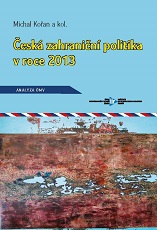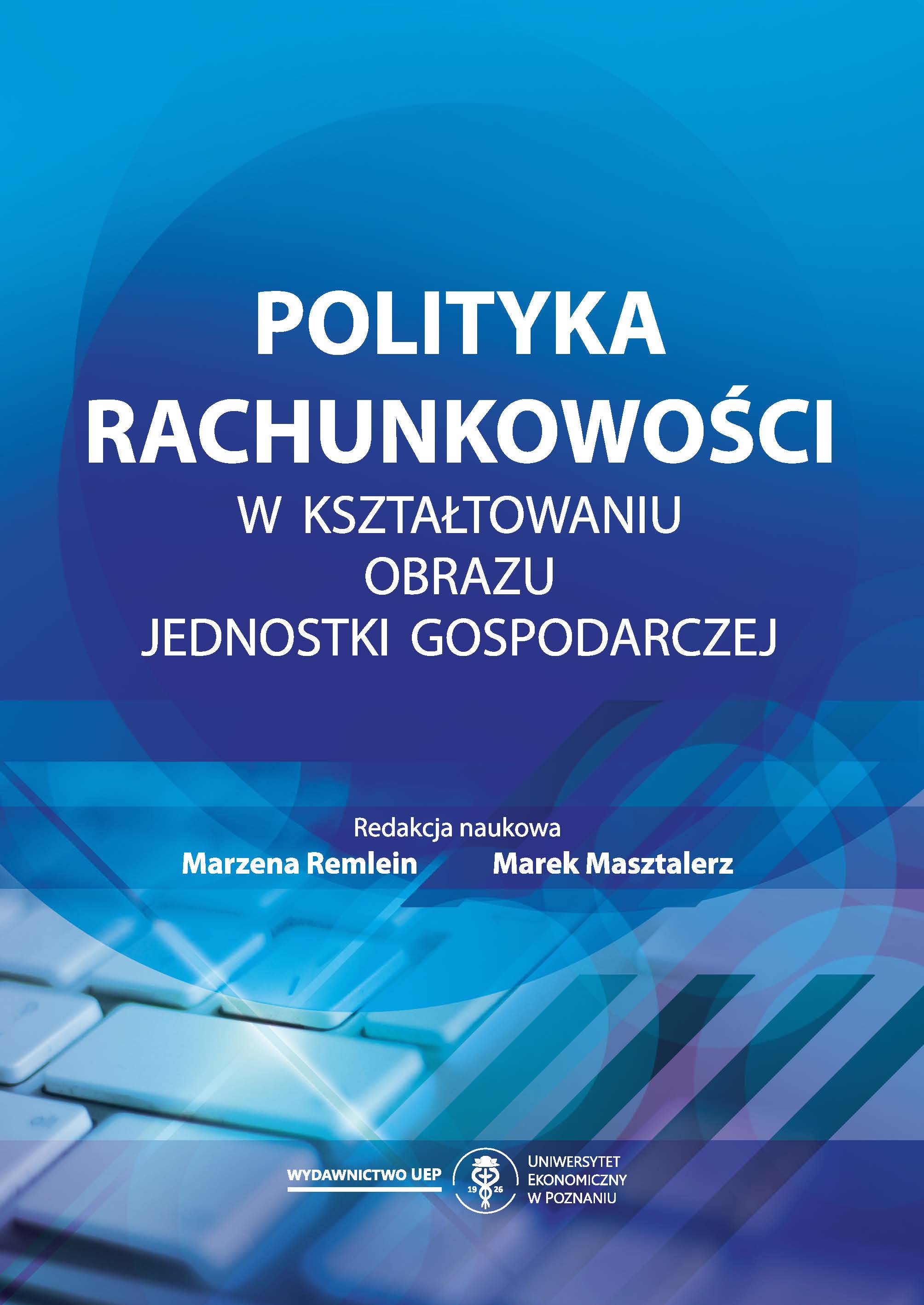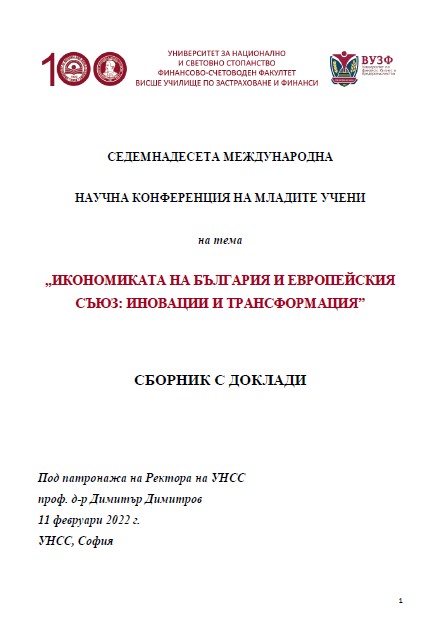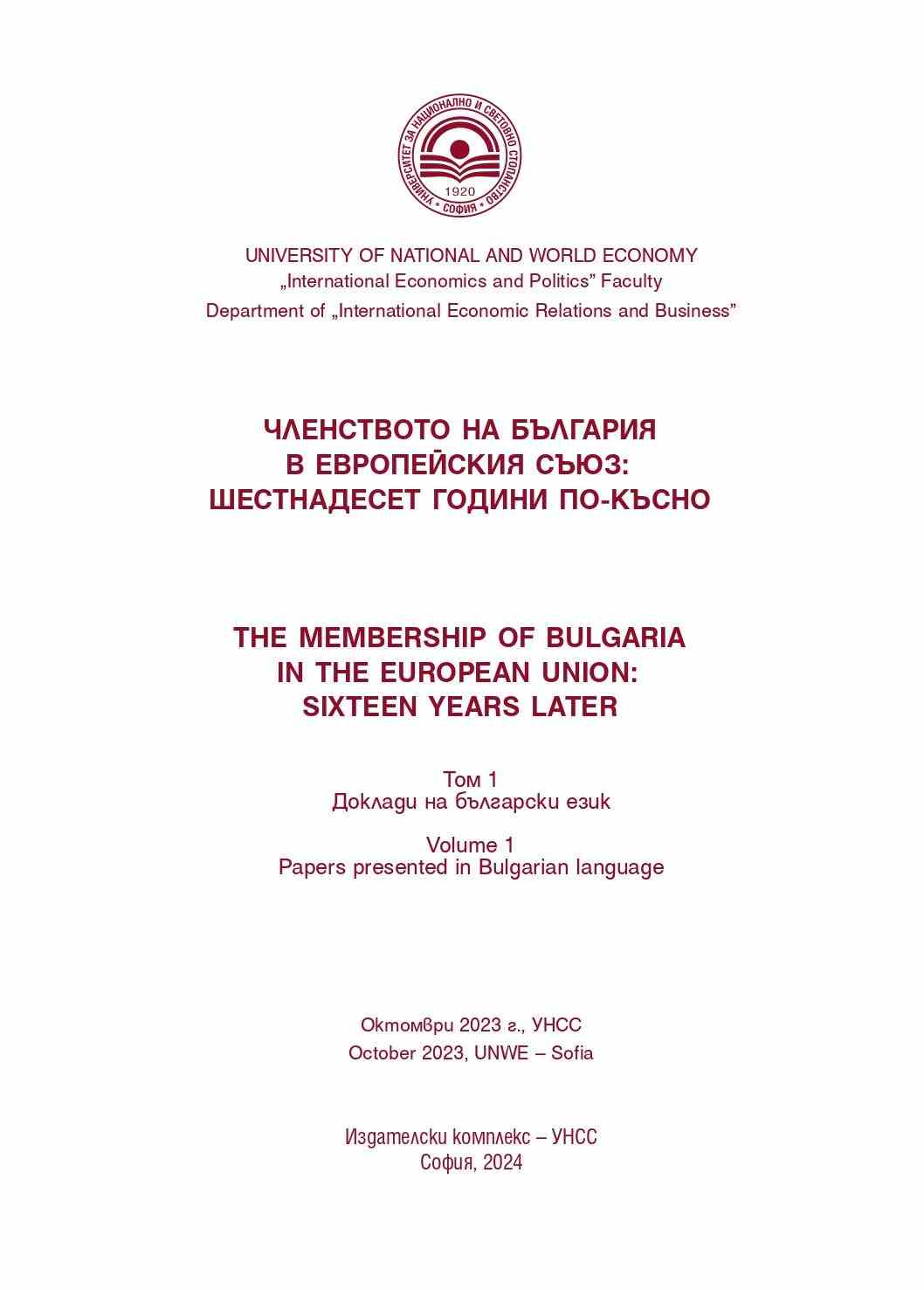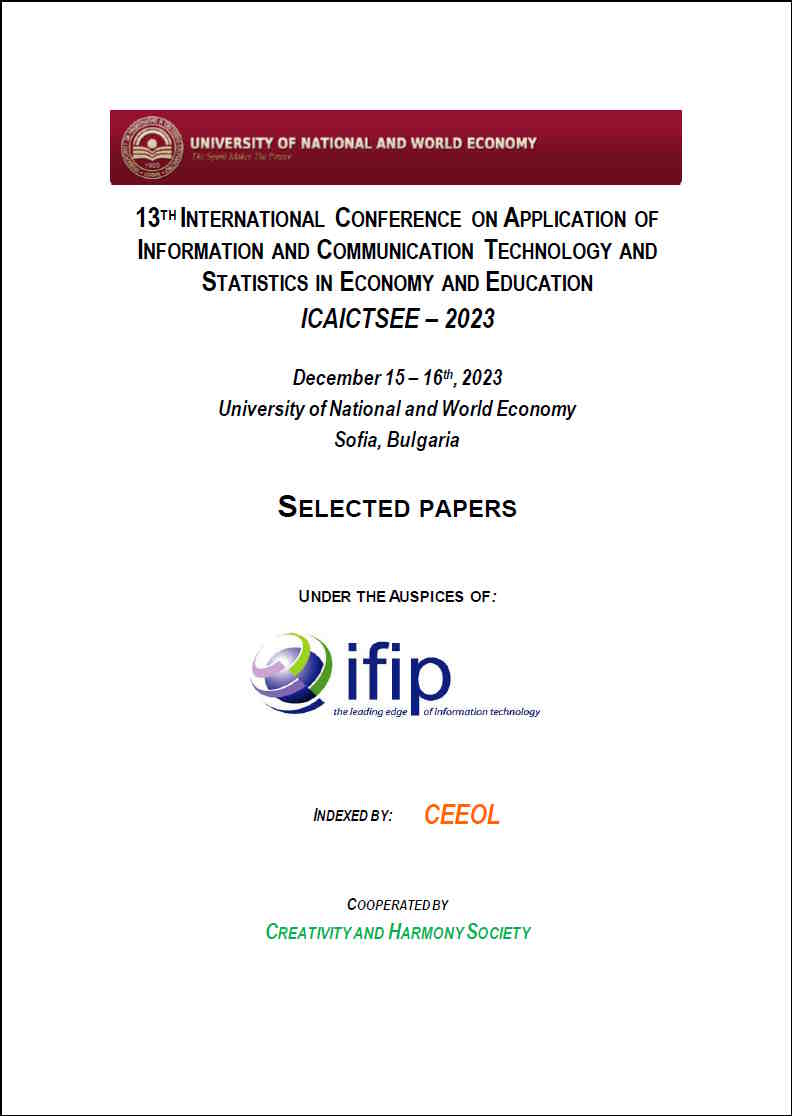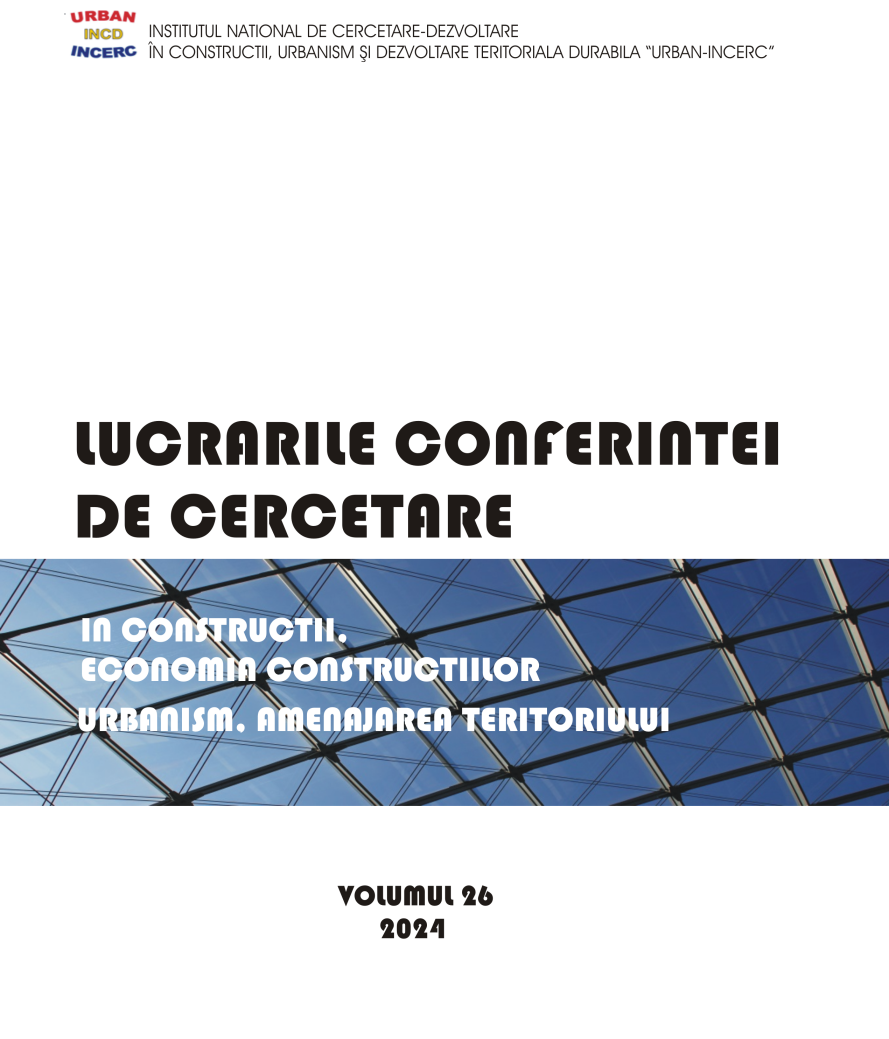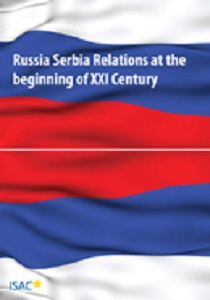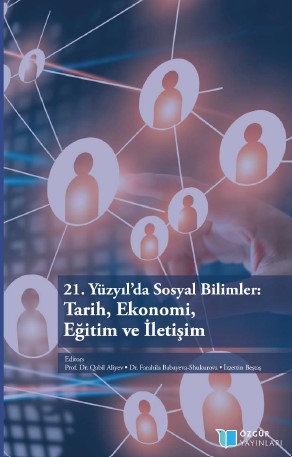
Ekonomik Büyüme, Ticari Açık, Yenilenebilir Enerji Tüketimi ve Nüfusun CO2 Emisyonu Üzerindeki Etkilerinin ARDL Yöntemiyle İncelenmesi: Türkiye Üzerine Kanıtlar
Ekonomik büyüme özellikle İkinci Dünya Savaşından sonra Neo Liberal politikaların bir getirisi olarak neredeyse tüm ekonomilerin temel hedef politikası olmaktadır. 1980 sonrasında Neo Liberal politikalar ile birlikte büyümeye verilen önem iyice artmakta ve büyümenin pozitif getirilerinin yanında birçok negatif getirisi de olmaktadır. Büyümenin önemi herkes tarafından bilinmektedir. Nitekim büyüme hedeflerine doğru ilerlerken negatif getiriler zamanla önemli çevre sorunlarına neden olduğu görülmektedir. Büyümenin çevreye verdiği tahribat 1990’lara gelindiğinde küresel ısınma ve iklim değişikliği gibi global sorunlara yol açtığı görülmekte ve ülkelerin gündeminde ilk sırayı almaktadır. Bu süreçten sonra küresel ısınma ve çevre kirliliği gibi insanlığın geleceğini önemli ölçüde etkileyecek olaylara dikkat çekmek ve bunların tahribatını azaltmak için küresel ölçekte çeşitli konferanslar, protokoller ve düzenlemeler hazırlanmaya ve kabul edilmeye başlanmıştır. Fakat ekonomiler kendi büyüme politikalarından vazgeçmemiş ve büyümenin doğa üzerindeki tahribatı giderek artmaya devam etmiştir.
More...
